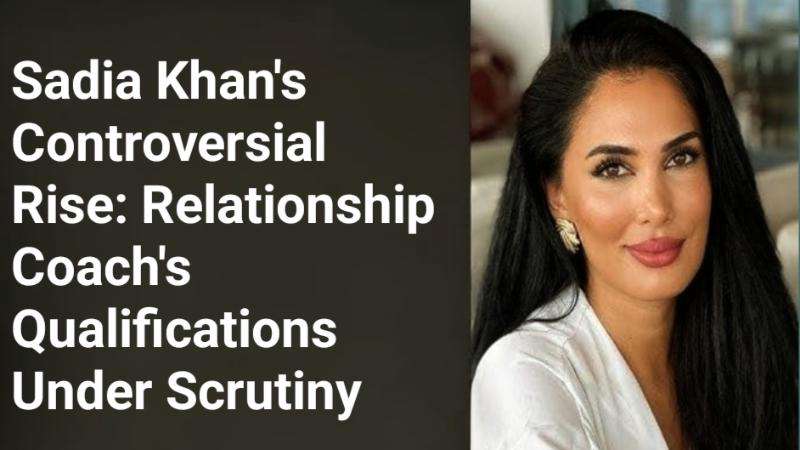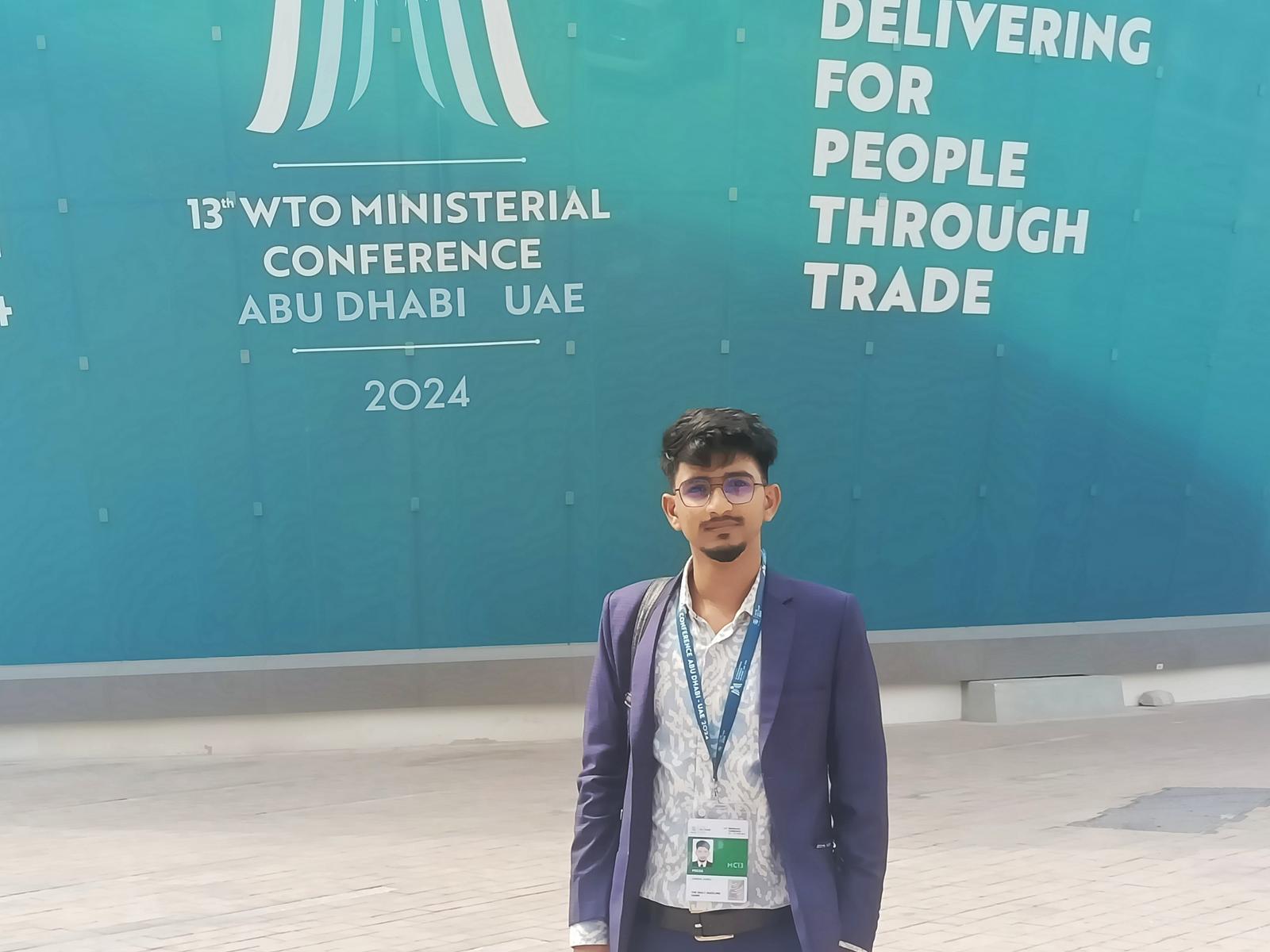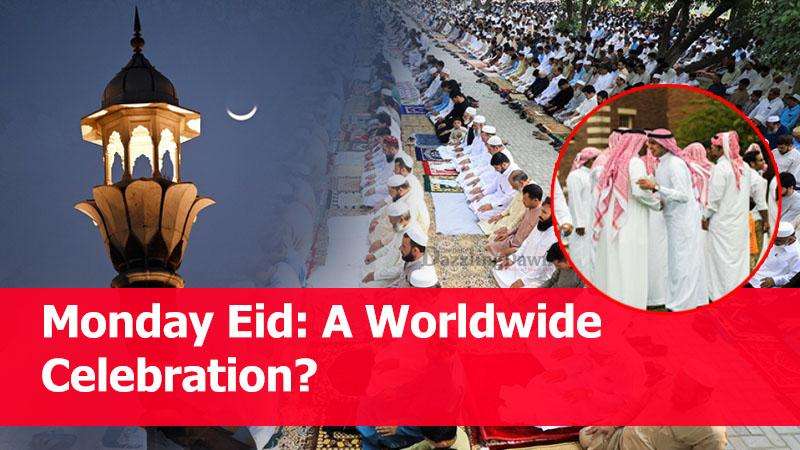As the crescent moon marked the end of Ramadan, Muslim communities across the UK, including a significant number of immigrant workers, celebrated Eid al-Fitr with a blend of familiar traditions and new, distinctly British adaptations. For many, particularly those from Bangladesh, India, and Pakistan, the festival was a poignant reminder of home, even as they navigated the realities of life far from their native lands.
The day began with special Eid prayers held in mosques and community centres, filling the air with the resonant sound of Takbir. In areas with large Muslim populations, such as East London, Birmingham, and Manchester, the festive atmosphere was palpable. Families dressed in their finest attire, exchanged greetings of "Eid Mubarak," and shared sweet treats like Sheer Khurma and Sewaiyan.
However, the experience of Eid for immigrant Muslim workers varied significantly. While some employers were understanding and granted time off, others faced challenges in balancing work commitments with religious obligations. "It's not always easy," explained Ahmed Khan, a construction worker from Pakistan residing in Birmingham. "Some of us had to take unpaid leave or negotiate shifts. But the community spirit makes it worthwhile."
The feeling of "home" was a complex mix. Many found solace in the strong community bonds, replicating traditional gatherings and feasts. Yet, the absence of extended family and the familiar sights and sounds of Eid in their home countries created a sense of longing. "It's different here," said Farhana Begum, a healthcare worker from Bangladesh living in London. "Back home, the entire neighbourhood celebrates together. The streets are alive with festivities. Here, it's more localised, within our own communities."
Muslim population in Europe
The Muslim population in Europe is a growing demographic, with estimates placing it in the tens of millions. Sources indicate that the Muslim population in Europe is estimated around the 6% to 7% of the total European population. This equates to roughly between 45 million and 49 million people. Factors contributing to this growth include immigration and higher birth rates within Muslim communities. Pew Research Center has conducted extensive research on this topic, and their studies are a very good source of information.
It's important to recognize that these figures can vary depending on the definition of "Europe" and the data collection methods used.
Number of mosques and Islamic centers
UK: Estimates place the number of mosques around 1,500, with variations depending on definitions (mosques vs. prayer spaces). Data varies from sources stating around 1200, to other sources showing higher numbers.
Europe: Numbers vary greatly by country, with higher concentrations in nations with larger Muslim populations (France, Germany, etc.). It is difficult to give a solid number for all of Europe.
Key Differences: Eid in Bangladesh vs. UK/Europe
Scale and Public Celebrations:
In Bangladesh, Eid is a national holiday, with widespread public celebrations. Streets are adorned with lights, and large gatherings take place in open fields. In the UK and Europe, celebrations are predominantly community-based, focused on mosques and homes.
Extended Family Gatherings:
In Bangladesh, Eid is a time for elaborate reunions with extended families, often spanning several days. In the UK, due to geographical distances and work constraints, gatherings are typically smaller and shorter.
Cultural Practices:
While core religious practices remain the same, cultural variations exist. For instance, the type of traditional sweets and dishes prepared may differ slightly, reflecting regional influences. Also, the level of community involvment is much higher in Bangladesh.
Work and School Considerations- In Bangladesh, most businesses and schools close for an extended period during Eid. In the UK, Muslim workers and students often have to negotiate time off, and the public holiday is not universally recognized.
Atmosphere:
The vibrant, bustling atmosphere of Eid in Bangladesh, with its street vendors, fairs, and communal meals, is often contrasted with the more subdued, though equally heartfelt, celebrations in the UK.
Despite these differences, the essence of Eid – a time for gratitude, reflection, and community – resonated strongly among immigrant Muslim workers in the UK. They found creative ways to adapt their traditions, building new memories while cherishing the familiar ones. The stories shared during Eid gatherings reflected a resilience and a deep sense of faith, highlighting the ability of the Muslim community to preserve their cultural identity while embracing their new home.
UAE expatriate Saifullah Hasan said, For expatriates, the joy of Eid doesn’t quite have the same festive atmosphere. However, we expatriates still try to hold on to the essence of Eid in our own ways. Many have work duties on Eid day. Those who go to work make sure to talk to their families while on duty and share the joy with their colleagues. On the other hand, those who have a day off mostly stay in their rooms. Some gather with a few friends to cook special meals. Later, they spend time talking to their families. In the afternoon, they often visit parks or beaches. And this is how Eid day passes for us!
Dr Thamina (Samina) Anwar said, As a British Bangladeshi expatriate living in New Zealand, I find that practicing Islam is often easier in a Muslim-minority country than in a Muslim-majority one. I encourage my fellow Muslims to uphold the teachings of Islam and share the message of Prophet Muhammad (SAW) globally so that we may achieve Al-Falah (Worldly success and, more importantly, ultimate success in the hereafter—attaining Allah (SWT)’s pleasure and entering Jannah (Paradise)).



_2.jpg)
_1.jpg)



.svg)


